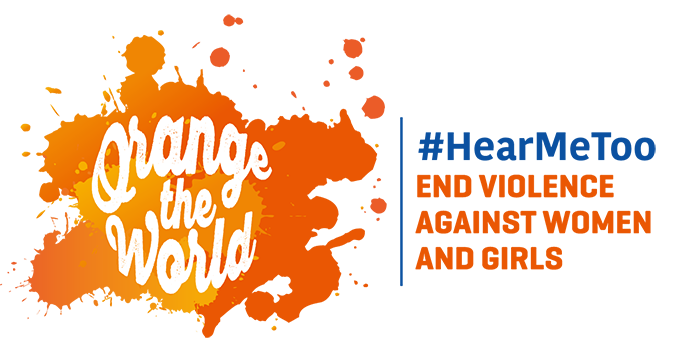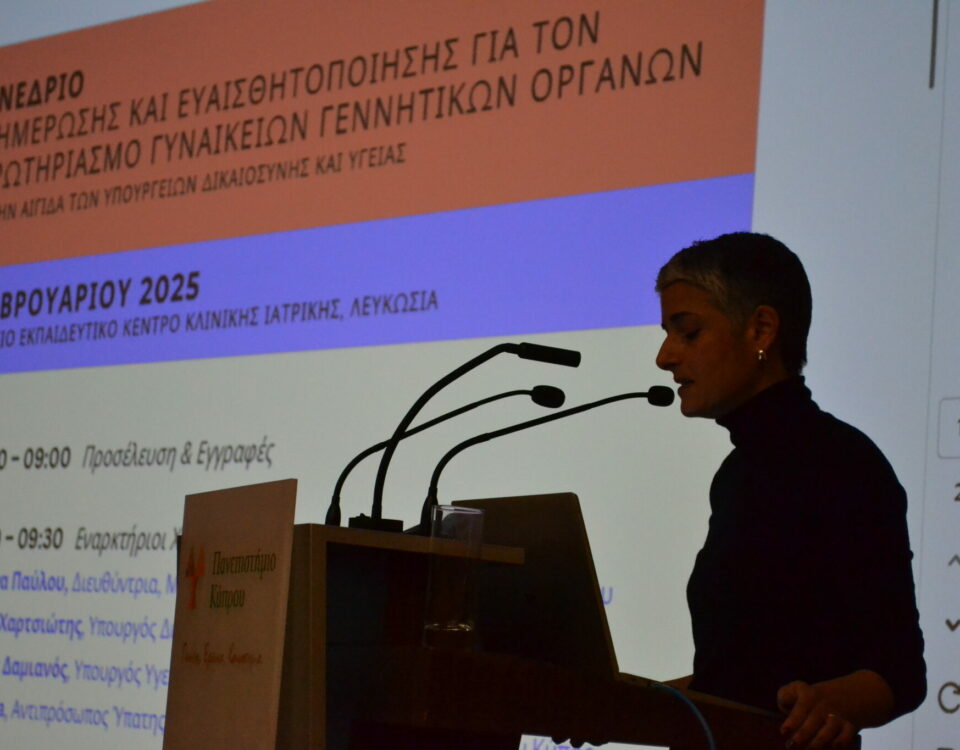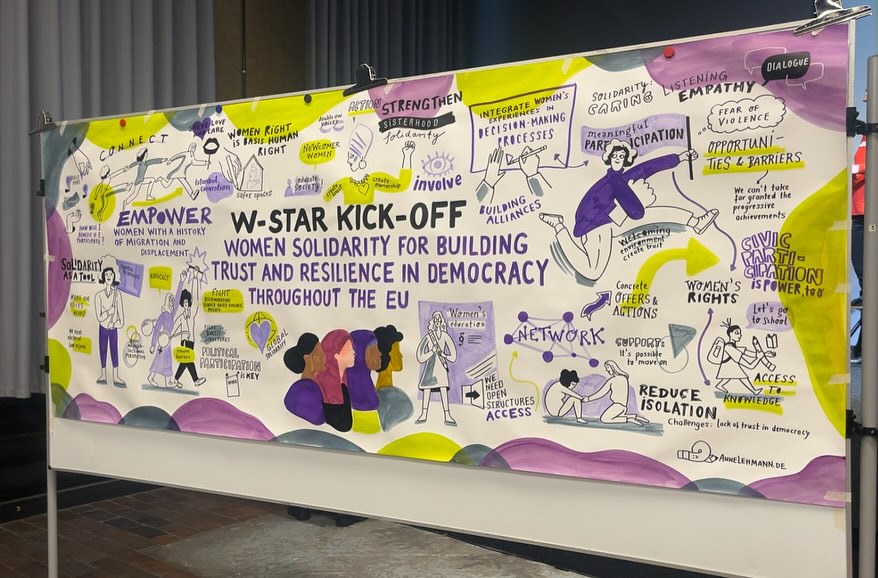Eliminating Violence Against Women – MIGS On 16 Days Of Activism

Δελτίο Τύπου – Δικαιώματα Σε Κίνδυνο
September 20, 2018
It Stops Now! : Ending Sexual Harassment and Violence in Third Level Education
December 10, 2018Together with the international community, Cyprus recently marked the International Day for the Elimination of Violence against Women and Girls and the start of another year’s 16 Days of Activism. Violence against women and girls is a huge and global issue, one that the Council of Europe has set out to address via the Istanbul Convention.
At MIGS, where we promote gender equality and women’s rights, a significant part of our work involves tackling violence against women, in issues ranging from FGM and prostitution to sexual harassment in the workplace or at school.
In Cyprus, 2018 was a key year in the fight for the rights of women and girls; it saw the ratification and harmonisation of the Istanbul Convention into national legislation, a development in which our organisation played an integral role, both by conducting research and drafting the required legal wording. As of 30 September 2018, the consultation has closed on the bill bringing Cyprus legislation in line with the Istanbul Convention, and as a final legal step, it will be voted on in 2019.
Why are we bringing up the Istanbul Convention in the framework of the 16 Days of Activism? We’ve decided to mark the occasion by dedicating this year’s announcement to talking about the aims of the Convention on more concrete terms, tying it to the work that we do, as an organisation, in Cyprus, the Euromed region and across Europe.
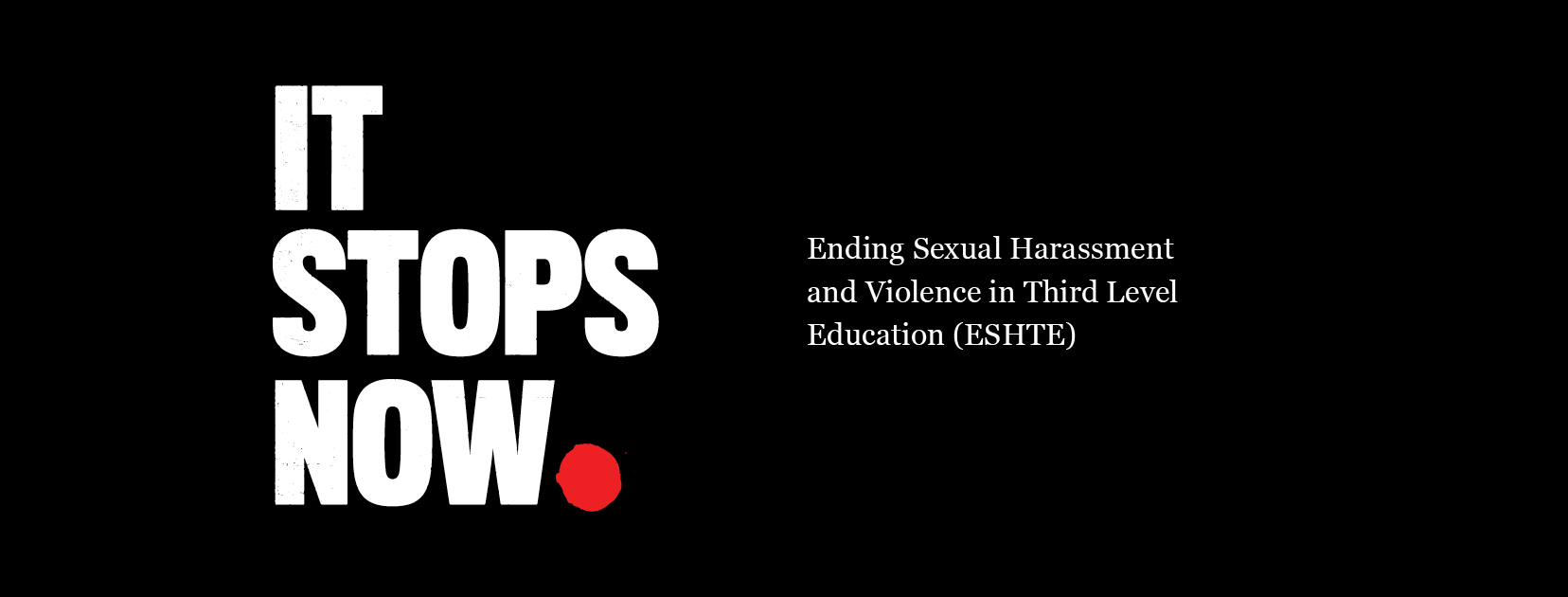
An 'It Stops Now' campaign poster
A key pillar of our work is data collection and research (Art 11). This year, one of our EU projects was ESHTE: The MIGS team conducted focus groups with local university students and staff, and contributed to a European research paper on ending sexual harassment and violence in third level education. We helped the European Institute of Gender Equality (EIGE) in their effort to estimate the risk of FGM across several European countries, by contributing data on Cyprus. We conducted research for WE GO!, a project for women in Europe to exit violent relationships through economic empowerment.
Play it for Change is a new EU project that aims to educate youth through audio-visual media and music by encouraging their critical thinking skills thus helping them prevent and combat gender-based violence. MIGS launched this project along with European partners and has already conducted key qualitative and quantitative research across Cyprus schools. MIGS also took part in the WAVE Working Group on Sexualised Violence (WGSV), contributing to the recently published report containing baseline information on service provision for women survivors of sexualised violence.

Julie Bindel at EU House, Feb 2018
Another part of our work is awareness-raising (Art 13). Unsurprisingly, we spend a lot of time raising awareness around gender equality and women’s rights, but violence against women and girls is a key issue to which we give particular focus as harmful practices and attitudes around gendered violence, such as stereotyping and victim- blaming, remain as persistent as they are widespread.
In February, we hosted Julie Bindel for an important conversation about prostitution and violence against women and girls. The same month, we marched with 1 Billion Rising, the largest yearly mass action to end violence against women, as part of the Cyprus Women’s Lobby.
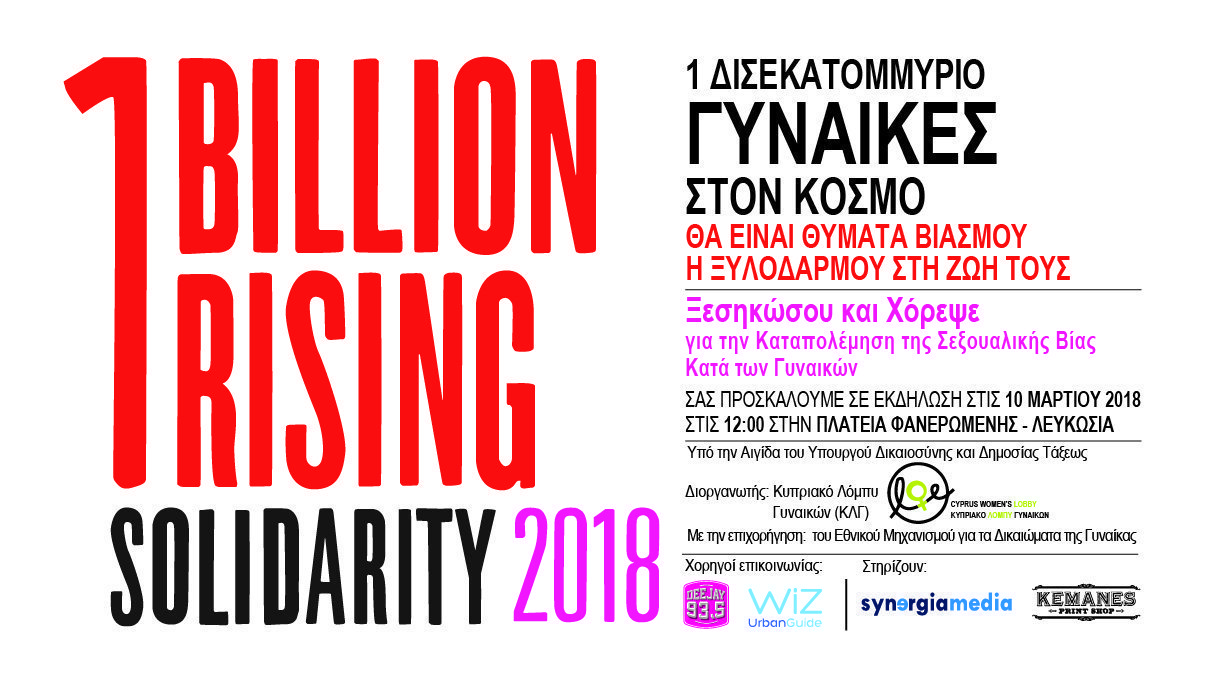
Invitation to '1 Billion Rising' march, Feb 2018
In April, we organised a seminar with the Euro-Med Network on the Istanbul Convention on gender equality legislation in the region. In the previously mentioned ESHTE project, we helped deploy the It Stops Now campaign to build a culture of zero tolerance of sexual harassment and violence on campuses by raising awareness. We also lent our support to the WAVE Step Up! campaign, disseminating calls for Youth Ambassadors and artists to multiply the message: we must protect and promote the rights of women survivors of violence and their children’s specifically to access support and protection.
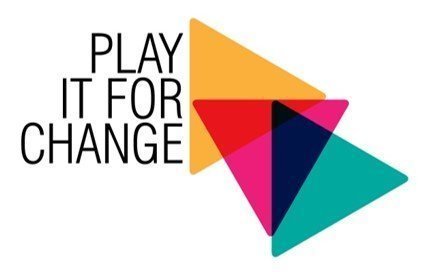
EU project logos ('Play it for Change' and 'Circle of Change')
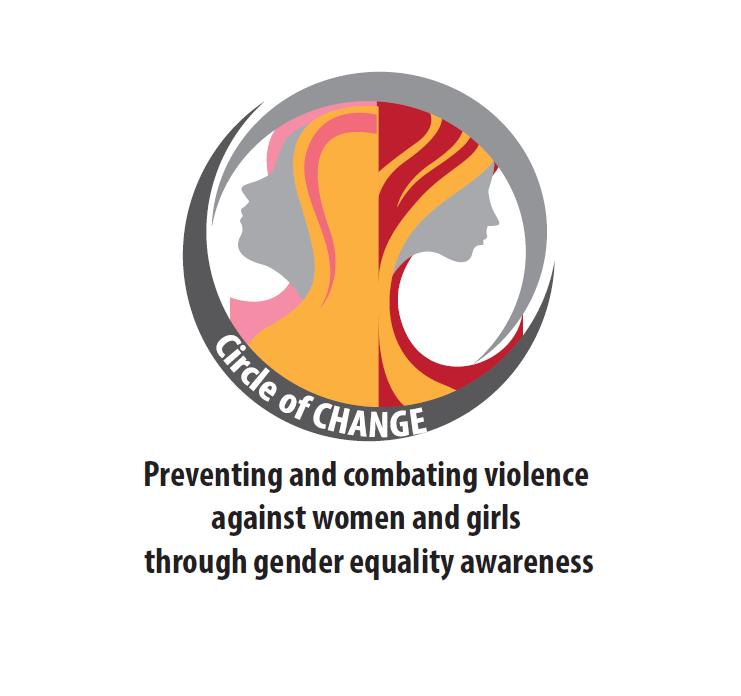
Fighting for the eradication of violence against women and girls cannot be achieved without education, whether it’s reaching out to youth at school (Art 14) or training professionals (Art 15). We’ve continued our projects such as Circle of Change, which trains teachers and provides them with the material to teach the GEAR curriculum, specifically for raising awareness in students against intimate partner violence, as well as Play it for Change, which includes awareness raising workshops and masterclasses with musicians directly targeting youth.
On FGM, we continued to deploy our United to End FGM European Knowledge platform to educate professionals who deal with individuals affected by FGM. In October, together with our partners at the End FGM Network, we organised a webinar called How to talk about FGM aimed at journalists, as well as media and comms professionals helping them communicate positively and accurately about FGM without stigmatising FGM survivors, affected communities and those at risk. The UEFGM platform’s FGM and the Media module also fulfils another part of the Istanbul Convention, Article 17, which encourages reaching out to key players in the private sector, including the media, to set standards and guidelines to prevent violence and respect dignity.
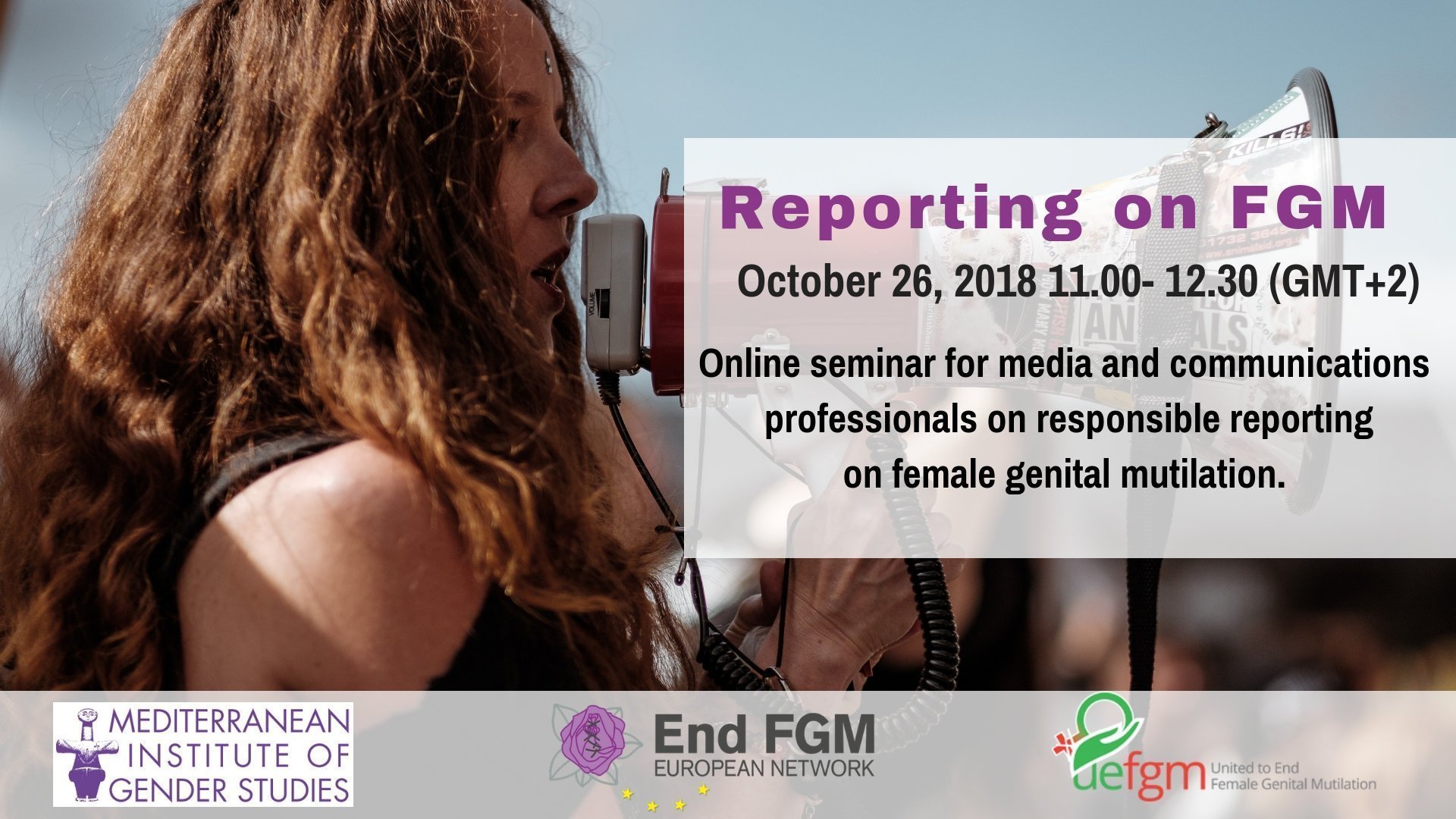
Invitation to 'Reporting on FGM' webinar, Oct 2018
Article 51 talks about a critical aspect in preventing violence against women and girls, and that is risk assessment and management. MIGS, in partnership with the Istituto per la Ricerca Sociale (IRS) , is conducting research for an EIGE study on risk assessment and management of intimate partner violence for police across Europe.
Finally, another new project this year, GLIMER, looked at an area covered by Article 60, especially since gendered violence is a specific kind of harm in the context of the current European refugee crisis. Working on the governance and local integration of refugees in Cyprus is a huge undertaking, one that MIGS officers have enthusiastically committed to taking via research, advocacy as well as awareness raising activities, such as blogging.
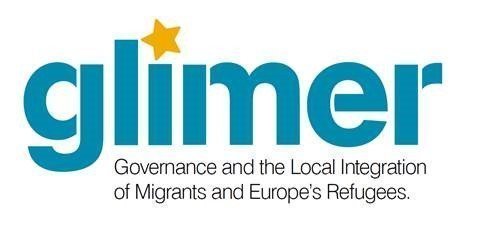
Logo for GLIMER, another one of our EU projects
These are just some of the projects and activities in which we have been involved in 2018. We believe it’s important to treat the 16 Days of Activism as an impetus to talk about what we’ve done (and continue to do) to eradicate gendered violence, but also to find out more about the efforts of others, whether they are partner organisations locally, or within our wider international networks.
So we thank you for taking the time to read about some of our work, and for continuing to support us, while we also take the opportunity to stress that we have much to achieve. We leave you with one last link that can answer most, if not all, the questions you may have on the Istanbul Convention: A Q&A on the Istanbul Convention.
We look forward to telling you more about our work and hearing more from you, in 2019.
The MIGS team.
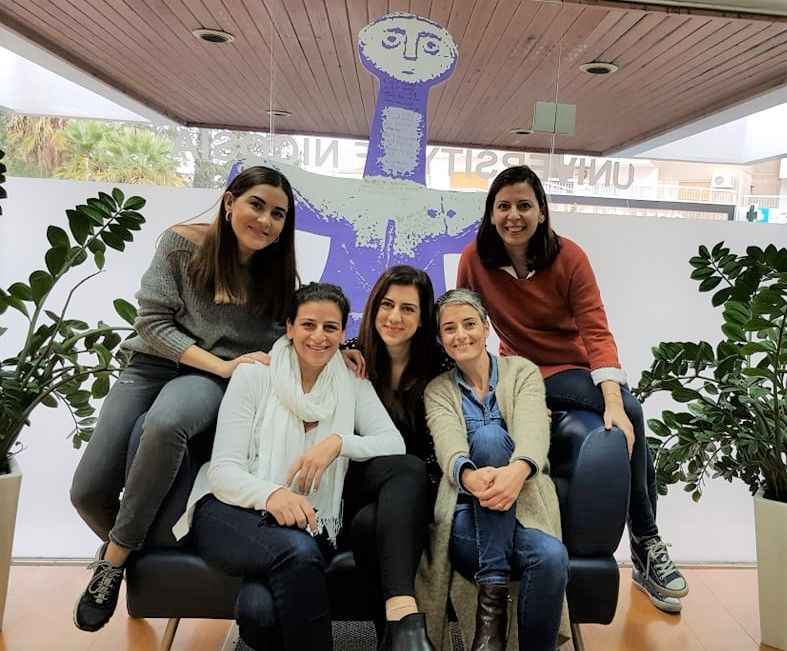
Press release – 30/11/2018

